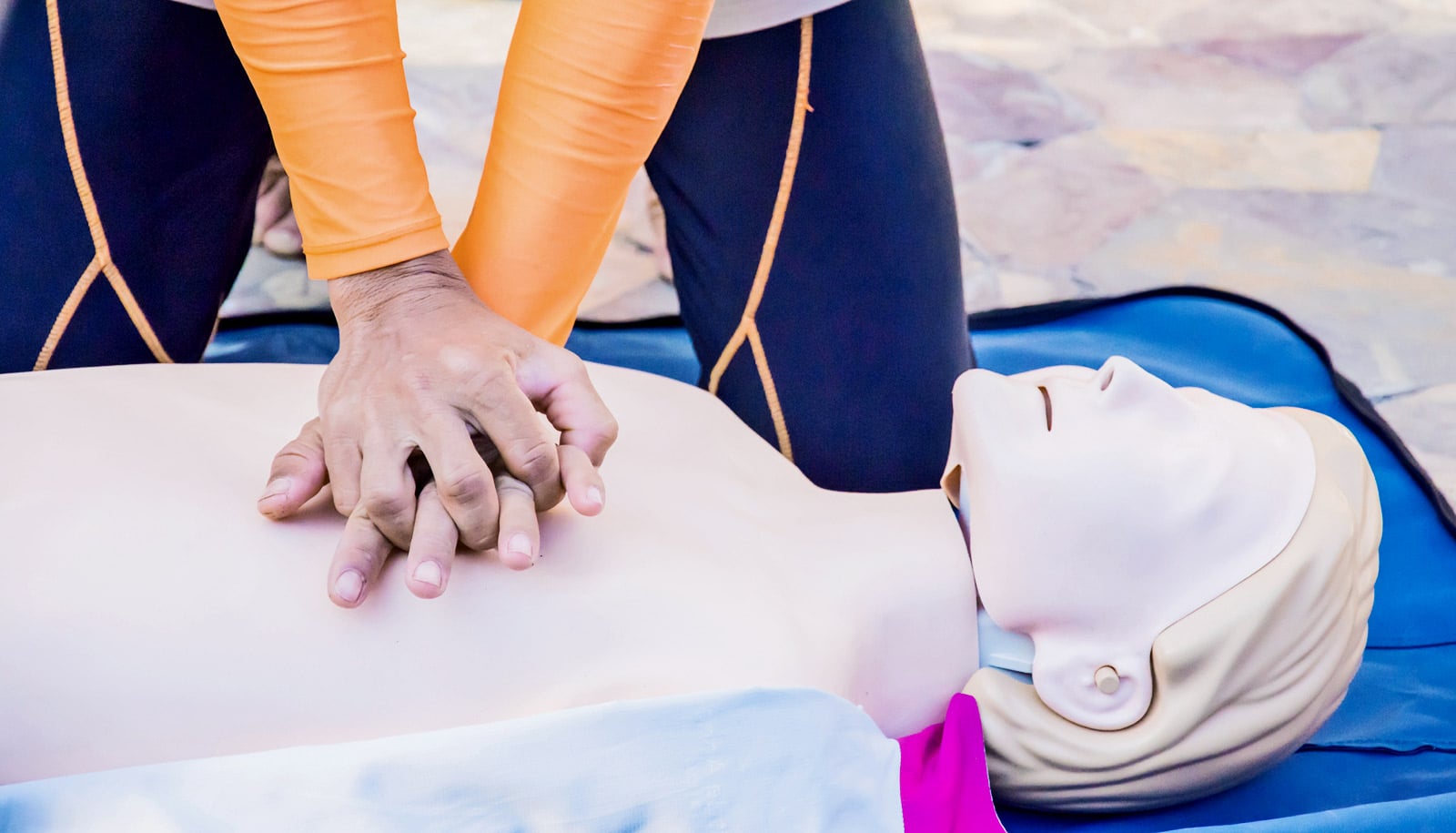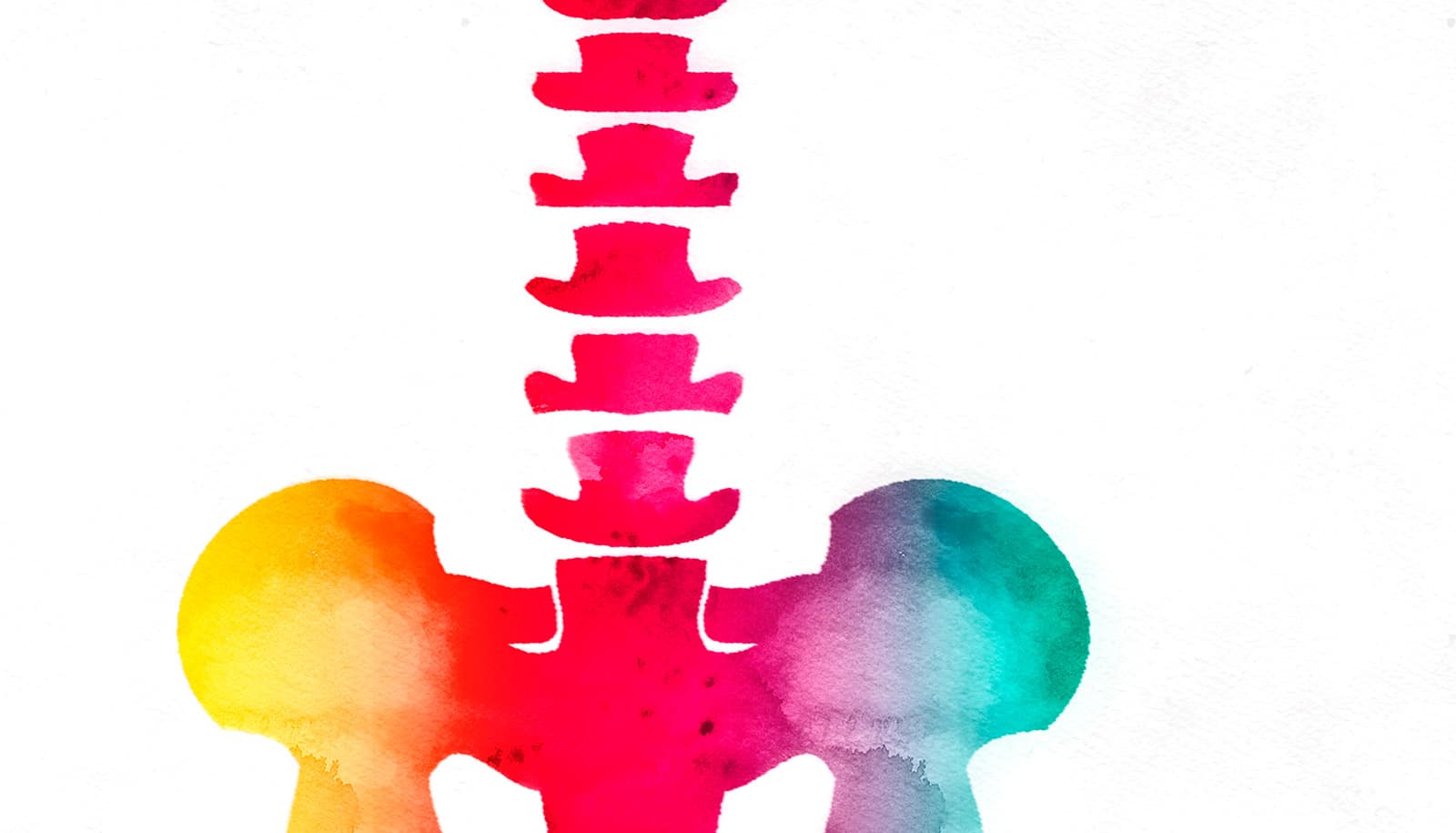An estimated one in five UK adults witness someone collapse who needs CPR right away, yet the majority of people don’t act, according to new research.
Survival rates for out of hospital cardiac arrest in the UK are still worryingly low with less than one in ten people surviving. The British Heart Foundation estimates that 10,000 people die every year in the UK as rates of bystander CPR are as low as 39 percent in some parts of the country. This is significantly worse than other places such as the Netherlands (66 percent); Seattle (69 percent); Victoria, Australia (69 percent); and Norway (73 percent).
“It is staggering to think that one in five of us will at some point have the opportunity to save a life by giving CPR.”
Researchers carried out a survey of 2,000 people across the country to find out how likely people are to witness a life-threatening cardiac arrest. In addition to the vast numbers of people who have seen someone suffer a cardiac arrest, they also found that people were nearly three times more likely to perform CPR if they had received training. This highlights the importance of learning CPR to help improve survival rates.
A group of leading organizations are calling for all young people to learn CPR to help save more lives.
“Our research shows just how important it is for everyone to learn CPR. It is staggering to think that one in five of us will at some point have the opportunity to save a life by giving CPR,” says Gavin Perkins, professor of critical care medicine at the University of Warwick, who led the research.
“CPR is a vital step in the chain of survival after a cardiac arrest. The chance of surviving is almost zero if people collapse and receive no bystander CPR until the emergency services arrive. Thousands of deaths could be prevented if more people learn CPR.”
Every minute without CPR or defibrillation can reduce a person’s chance of surviving a cardiac arrest by around ten percent. If CPR is taught more widely, it’s estimated that thousands of lives could be saved every year.
“CPR is the difference between life and death for thousands of people every year in the UK who suffer a cardiac arrest. Every second counts, and it simply isn’t enough to hope that someone who knows CPR is present,” says Simon Gillespie, chief executive at the British Heart Foundation. “We need everyone to learn this life-saving skill to give them the confidence to step in and give CPR when someone collapses after a cardiac arrest.”
The researchers’ released their findings on Restart a Heart Day—an annual day to increase awareness of the importance of CPR. This year, more than 150,000 young people across the UK will receiving training in CPR in the largest ever event of its kind.
“When one in five people witness someone collapsing who clearly needs CPR but the majority don’t feel able to help, it’s time to act,” says Sir Bruce Keogh, medical director for NHS England. “Teaching CPR to school children equips them with the knowledge that will ensure they can act in times of need. Empowering a young person with such a skill will allow them to take control in such a situation and possibly ultimately save a life.”
Why people shy away from using public defibrillators
A survey conducted by the British Heart Foundation revealed that an overwhelming 89 percent of respondents also believe that CPR should be taught in all schools in the UK. The same survey showed that there is a significant reluctance to perform CPR with 40 percent of respondents stating that they lacked the skills and knowledge to perform CPR.
“We want all young people to feel confident and willing to help when faced with a first aid emergency. Learning first aid helps to increase confidence levels and we believe it’s a life skill everyone should have,” says Joe Mulligan, head of first aid education at the British Red Cross.
The British Heart Foundation funded the research. The journal Resuscitation published the findings.
Source: University of Warwick



